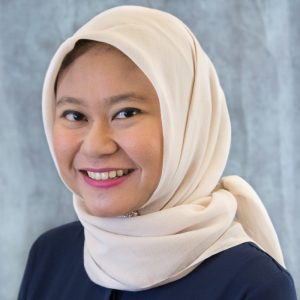Categorical Data Analysis
Schedule: 24-25 July, 2025 (09.30-15.30 Jakarta Time)
About
Questions in social sciences often deal with categorical dependent variables. These are variables whose characteristics are either binary (e.g., attaining a college degree: yes/no), nominal (e.g., ethnicity) or ordinal (e.g., opinion on climate change as an important issue for governments to tackle: disagree, neutral, agree). In this application-oriented short course, we will discuss the theory behind these models, why we need them and how to interpret the regressions results of these models. It will include both taught and practical exercises using Stata-based real-world examples, such as public opinion surveys and country-level cross-section and panel data. By the end of the course, participants should be able to Identify which categorical dependent variable models are best suited to address specific research questions. A good understanding of how to run your own regressions with categorical dependent variables using Stata and how to interpret their results is another important learning outcome.
The topics in the lectures will include:
- Introduction to Maximum Likelihood Estimation as a key technique to estimate categorical dependent variables.
- An overview of the most commonly used regression models for categorical outcomes: binary logit and probit, ordinal logit and probit and multinomial logit and which research questions lend themselves to each of these models.
- Goodness of fit for categorical dependent variables. Understanding measures of fit/goodness of fit for categorical dependent variables, i.e., how well do the observed data correspond to the fitted or assumed model.
Instructor
 Rizki Nauli Siregar
Rizki Nauli Siregar
Affiliation: Universitas Indonesia
Dr. Siregar is an international trade economist and development economist. Her research aims to provide guidance in dealing with the distributional impacts of globalization and economic policies on various fronts including regional development and the labor market. Her research portfolio also incorporates interdisciplinary works on the intersections of international trade policy with environmental policy as well as public health policy.
She obtained her Ph.D. in economics from the University of California Davis in 2021. Prior to her current role as Assistant Professor in economics at Universitas Indonesia, she served as a Postdoctoral Researcher (Assistant Professor) at the Chair of International Economic Policy at the University of Mainz in 2021-2023.
Dr. Siregar has extensive experience in the policy sphere including her tenure as an assistant to Minister of Tourism and Creative Economy (Prof. Mari Elka Pangestu) and an economist for various institutions such as USAID and Indonesia Services Dialogue.
 Rizki Nauli Siregar
Rizki Nauli Siregar